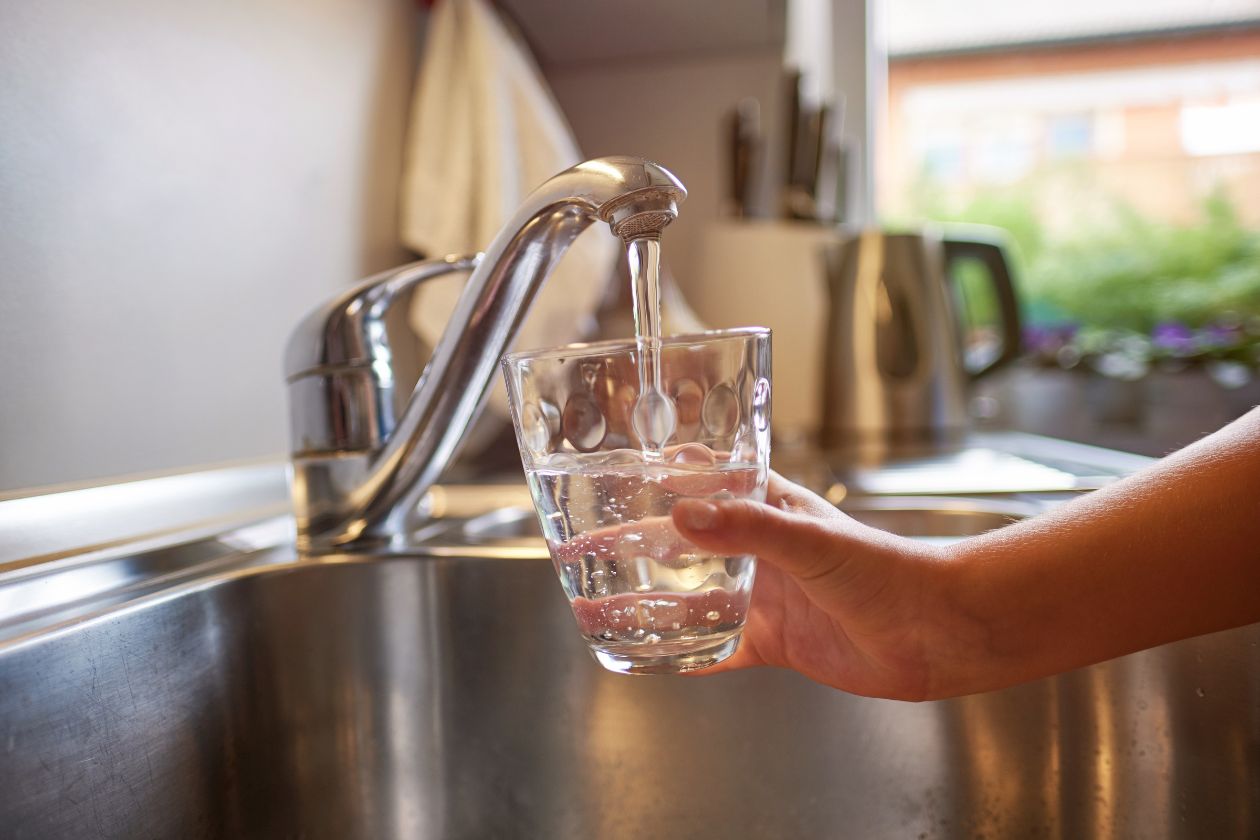[su_note note_color=”#ffe3e6″]This post contains affiliate links. Affiliate disclosure: As an Amazon Associate, we may earn commissions from qualifying purchases from Amazon.com and other Amazon websites.[/su_note]
In our quest for a more sustainable lifestyle, we should examine daily habits that affect the environment, starting with a basic necessity: water. If you’re curious about water consumption in your home, tracking it can help you save a few gallons and foster environmental awareness, financial responsibility, and a healthier life. Here’s how you can get started with tracking your household water consumption.
Table of Contents
Understanding Your Water Usage
The first step is understanding where and how much water you use daily. Begin by listing the main sources of water usage in your home; toilets, showers, faucets, and dishwashers are the usual suspects. A simple technique is to check your water meter before and after no usage (like overnight). This can expose “hidden” or “ghostly” water usage, such as leaks.
Checking for Leaks and Fixtures
Speaking of leaks, did you know that a dripping faucet can waste more than 3,000 gallons of water annually? Take a weekend to search your household for leaks, and replace washers or fixtures as needed. You might also consider installing low-flow faucets, toilets, and showerheads to reduce water use.
Installing Water Monitoring Devices
For the tech-savvy homeowner, investing in smart water meters or water usage monitoring apps can offer real-time insights into your consumption patterns. These applications enable you to make on-the-go adjustments and save you the hassle of manual tracking.
Implementing Water-Saving Practices
Everyday changes make huge differences. Consider taking shorter showers, using energy-efficient dishwashers and washing machines, and adjusting your landscaping or garden to incorporate drought-resistant plants that require infrequent watering. Turning off the faucet when shaving or brushing your teeth can also make a considerable impact over time.
Tracking and Analyzing Your Water Consumption
Maintaining a water usage log allows you to record your progress and figure out what is and isn’t working. Over time, you’ll notice trends and might find it rewarding to reduce your water consumption continually.
Clean water is crucial for a healthy lifestyle and the conservation of natural resources. By actively learning how to track your household water consumption, you can contribute to a more sustainable future. Making these small but impactful changes in your habits can lead to significant water savings and a sense of pride in your contribution to a healthier planet.




